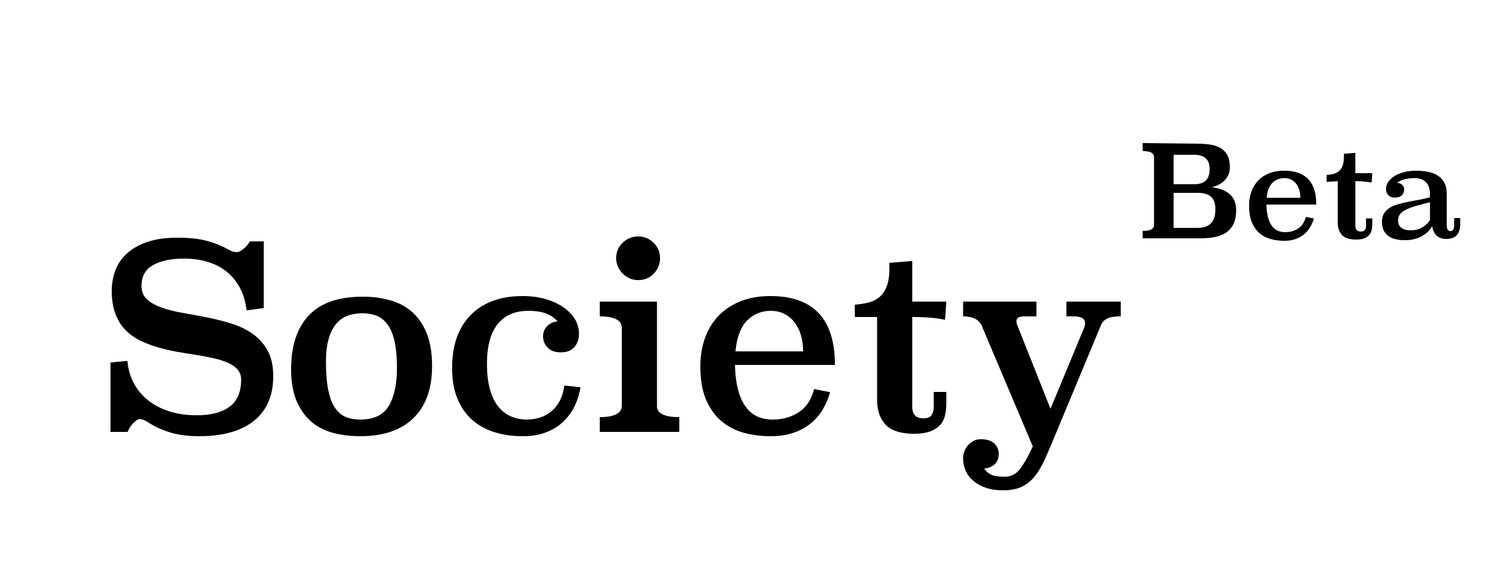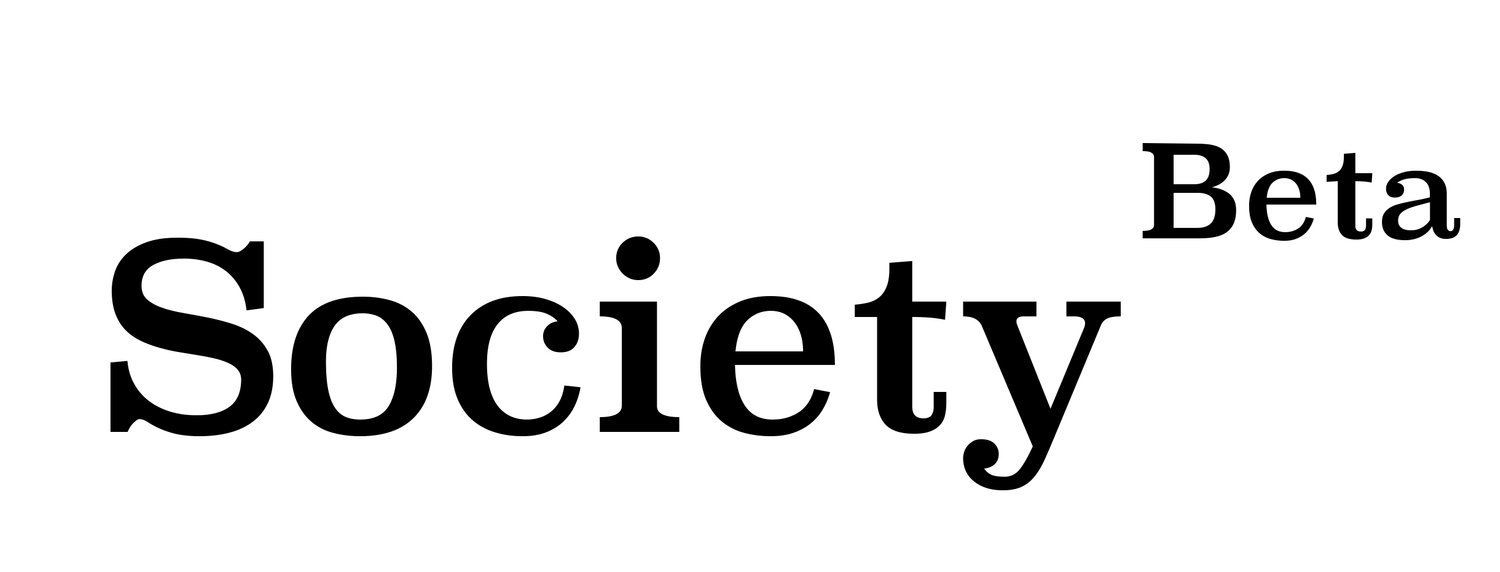Notes on CPD’s public forum: Building a sustainable economy
November 30, 2017, originally via Linkedin
The Centre for Policy Development, a think tank helmed by an old university friend, Travers McLeod, celebrated its 10th anniversary last night in Sydney at the offices of MinterEllison, with a public forum on the topic of ‘Building a sustainable economy’ and an impressive line up of panellists.
“Unsustainable growth cannot continue indefinitely” – Martin Parkinson (2011), former Treasury Secretary and now Secretary of Prime Minister & Cabinet
Geoff Summerhayes (APRA) spoke of the duty to speak out on risks that will threaten the system, referencing the $6 trillion of assets overseen by APRA, $1.65 billion cost of Cyclone Debbie, the internal Climate Change Financial Risk Working Group established by APRA in February of this year and the $1.65 trillion in superannuation funds overseen by the Australian Council of Superannuation Investors.
APRA is currently implementing an industry-wide review of climate related disclosures amongst those it regulates. Despite efforts to date, Geoff emphasised the amount of work still to do to bring Australia in line with international regulatory peers.
Whilst policy lags our increasingly obvious environmental and social reality, it is investment, innovation and reputational factors that are increasingly driving the shift to a low carbon economy, according to Summerhayes.
“$1 of every $2 invested in Australia today is done so by social, environmental or ethical investors” – Christina Tonkin, ANZ Managing Director, Loans & Specialised Finance, 2017
Christina spoke of the bank’s current scenario analysis on customers in the thermal coal supply chain, and the penetration of such industries down the supply chain to suppliers and communities, subject to risk of changes in regulations or demand.
Both Geoff and Christina referenced the growing green bond market, expected to grow from some hundred billion to over US$5 trillion in less than 20 years. On green bonds becoming the norm, Christina commented, “I think 5 years out from now there won’t even be that term.”
Steven Skala (Chair, Clean Energy Finance Corporation) spoke of the role of the CEFC to catalyse and “crowd-in” investments. CEFC’s equity funding enables it to provide longer tenor debt and take on more merchant risk, which is already seeing them de-risk markets and setting precedents for commercial banks, who are themselves developing longer term financing models.
With over 1.7 billion Australian homes now using solar, CEFC sees an increasing role in energy efficiency in the built environment, and is now being pushed towards student accommodation, social and affordable housing.
“Conversations nowadays, not in political circles but in these circles, are eminently civil” – Stephen Skala, 2017
Sam Mostyn (Non-Executive Director & Chair of half a dozen corporates and Carriageworks) spoke of “the re-imagining of the social contract” within publicly listed companies and the role in our society to provide “those in the silent space with a safe environment to have a conversation”.
Referencing Australia’s widely touted 27 years of uninterrupted growth, Mostyn acknowledged that we’ve done well with regard to economic capital, “but what has happened to those other capitals?” With regard to the commonly disregarded ‘economic externalities’ of environmental and social capital, Mostyn spoke of the exaggerated impact of the inevitable economic downturn facing Australia “if we don’t have a grown up conversation about how those things are lagging”.
Sam shared an account of meeting Christine Figueres, former United Nations climate change, who wept as she spoke about Australia’s response to climate change.
Australia currently spends 97% of disaster funding dealing with the after-effects and 3% on mitigation and community resilience measures, and re-insurers such as Munich and Swiss who stand behind the Australian insurance sector are reportedly concerned about insurance affordability, considered a threat to resilience. The need to reallocate an increasing proportion of disaster funding to resilience measures is becoming increasingly apparent.
The Q&A session at the end of the evening served to highlight an obvious tension between the extent and pace of the transition towards a sustainable economy by Australian organisations, within their existing mandates, and what is necessary to hit emissions reductions targets.
Overall, the evening left a positive note that this topic is beginning to be taken seriously at the tall end of town. Only time will tell if it is serious enough for our children and our cities.
“The markets will solve for these kind of problems but they won’t solve quickly” – Stephen Skala, 2017

